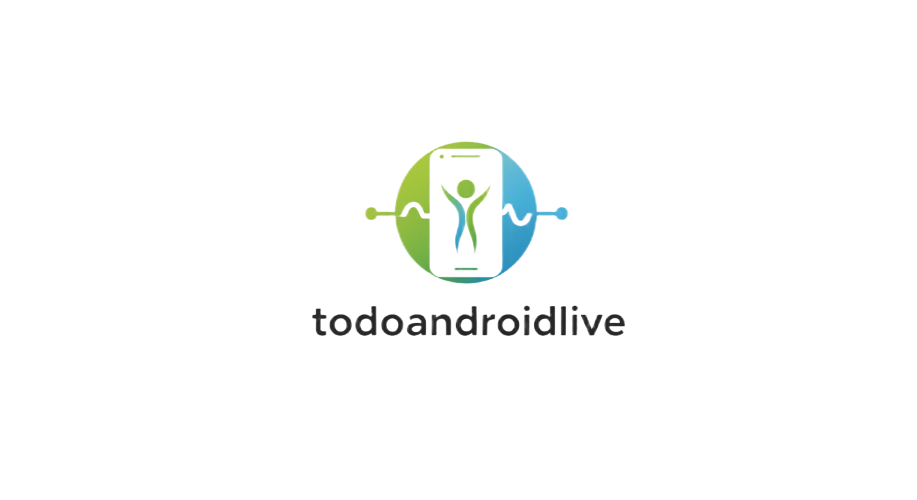A balanced diet is the foundation of good health. For adults, eating a variety of foods in the right proportions ensures proper nutrition, energy, and disease prevention. Whether you’re trying to maintain weight, boost immunity, or simply feel more energized, knowing what makes up a balanced diet can help you make better daily food choices.
The Importance of a Balanced Diet
A balanced diet:
- Provides essential nutrients like protein, vitamins, and minerals
- Helps maintain a healthy weight
- Lowers the risk of chronic diseases like diabetes, heart problems, and obesity
- Supports mental focus and emotional well-being
- Strengthens the immune system
It’s not about strict rules or cutting out entire food groups — it’s about balance, variety, and moderation.
Key Components of a Balanced Diet
Carbohydrates – The Body’s Main Energy Source
Carbs should make up 45–60% of your daily calories. Choose healthy sources like:
- Whole grains (brown rice, oats, whole wheat bread)
- Fruits
- Vegetables
- Legumes (beans, lentils)
Avoid refined carbs such as white bread, sugary drinks, and pastries, which spike blood sugar levels and lead to energy crashes.
Protein – Essential for Muscle Repair and Strength
Protein supports:
- Muscle growth and repair
- Immune function
- Hormone production
Include both animal and plant-based proteins such as:
- Eggs, chicken, fish
- Lentils, chickpeas, tofu
- Low-fat dairy (milk, yogurt, cheese)
- Nuts and seeds
Aim for 0.8 to 1.2 grams of protein per kilogram of body weight per day, depending on activity level.
Healthy Fats – Vital for Brain and Heart Health
Fats should make up about 20–35% of daily calories, focusing on unsaturated fats:
- Avocados
- Olive oil and canola oil
- Fatty fish (salmon, mackerel)
- Nuts and seeds
Avoid trans fats and limit saturated fats found in fried food, butter, and fatty meats.
Vitamins and Minerals – Tiny but Powerful Nutrients
These help your body function properly and prevent deficiencies. Essential vitamins and minerals include:
- Vitamin D – supports bone health (found in eggs, fish, and sunlight)
- Calcium – important for bones and teeth (milk, leafy greens)
- Iron – needed for red blood cells (meat, spinach, legumes)
- Vitamin C – boosts immunity (citrus fruits, tomatoes)
- Magnesium and Potassium – regulate muscle and nerve function (bananas, whole grains)
Eat colorful fruits and vegetables to cover a wide range of nutrients.
Fiber – Keeps Digestion Healthy
Adults need 25–30 grams of fiber daily. It helps:
- Maintain bowel regularity
- Lower cholesterol
- Control blood sugar
- Promote satiety and weight management
Good sources: fruits, vegetables, legumes, whole grains, and nuts.
Water – Often Forgotten, But Crucial
Hydration is part of a balanced diet. Drink at least 8 glasses (2 liters) of water daily. Adjust based on your activity, weather, and health conditions.
Water helps with:
- Digestion
- Joint lubrication
- Nutrient absorption
- Detoxification
Avoid sugary drinks and limit caffeine or alcohol.
Tips for Building a Balanced Plate
Follow the “MyPlate” model from health experts:
- ½ plate: vegetables and fruits
- ¼ plate: whole grains
- ¼ plate: protein
- Add a small portion of healthy fat
- Include water or low-fat milk as a drink
This visual guide helps you eat the right proportions at every meal.
Foods to Limit
While a balanced diet allows flexibility, limit the intake of:
- Processed foods and fast food
- Sugary drinks and snacks
- High-sodium packaged foods
- Saturated and trans fats
- Alcohol (drink in moderation, if at all)
These can lead to weight gain, heart disease, and energy slumps.
Customize Based on Your Needs
Everyone’s body is different. Consider factors like:
- Age
- Activity level
- Health conditions (e.g., diabetes, high blood pressure)
- Weight goals
Consulting a registered dietitian can help you create a personalized eating plan.
Final Thoughts
A balanced diet doesn’t mean perfection — it means making smart choices most of the time. Focus on whole, nutrient-rich foods in the right amounts. Keep your meals colorful, stay hydrated, and enjoy food as fuel and nourishment. Your body and mind will thank you with more energy, fewer health issues, and a better quality of life.

